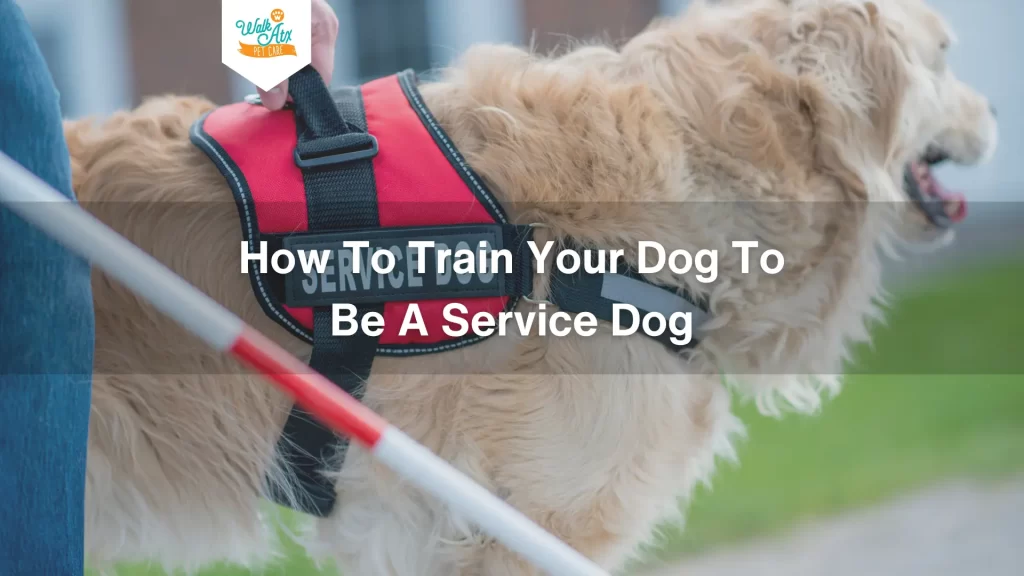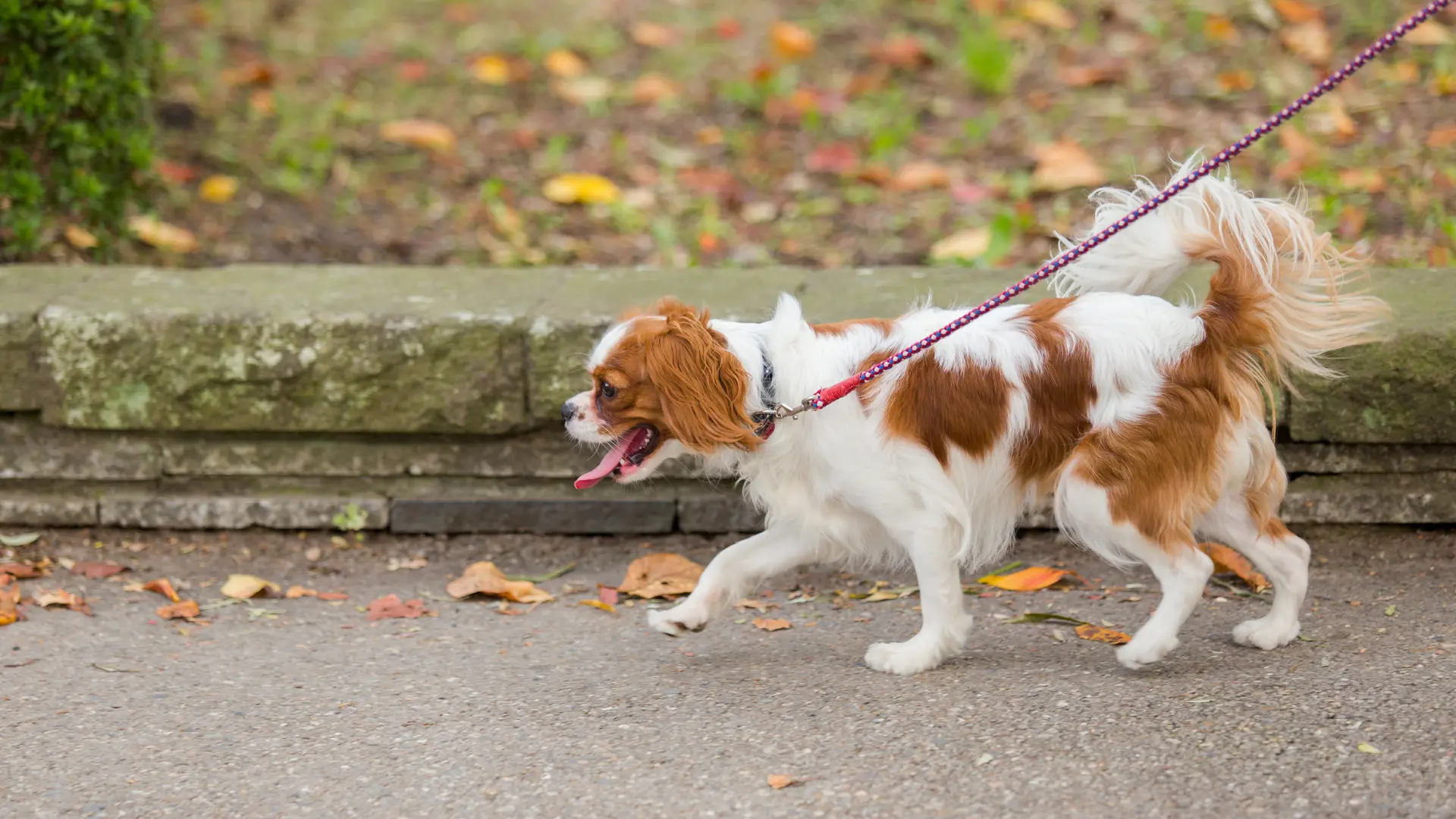When performed by an organization like a non-profit, the cost of training a service dog can reach $25,000 or more. Many people with disabilities may look for less pricey service dog training options. Just having the knowledge to train your dog to be a service dog may not be sufficient for it to perform the service you require. For example, if you have a Chihuahua, it is probably not a good choice for mobility assistance, but a Great Dane or German Shepherd, both popular service dog breeds, would be. Breeds with exceptionally sensitive senses of smell, like a Golden retriever or another sporting breed, may be best for diabetics.
Having a service dog can open up your world and give you greater access to more places. It can provide you with a sense of security as you go about your day. For the best results in service dog training, though, you may wish to consult with a professional about the type of dog and the kind of training that will be best for your circumstances.
What Is a Service Dog?
According to the Americans With Disabilities Act (ADA), a service animal is a dog (any breed or size of canine) that is specifically trained to perform a certain task or task related to a person’s disability. Service dogs are permitted where other pets or animals are not, such as inside a restaurant or office. They are considered disability aids and, therefore, are protected by the ADA.
Service dogs are not required to wear a vest or special tags indicating that they’re service dogs. However, many owners opt for some sort of visual indication of the animal’s status. When the animal is working and providing disability-related assistance for its owner, it is not to be disturbed, petted, or played with without the express permission of the owner.
Nor are service dogs required to go through a professional training program. However, the dog must be trained to perform a specific task. A business owner is permitted to ask what task the dog is trained to perform before permitting the animal into the establishment.
The Difference between a Service Dog and a Therapy Dog
Service dogs are different from therapy animals or Emotional Support Animals (ESA). ESAs and therapy dogs provide comfort to the owner and can soothe them if they feel anxious or upset. They are not ADA-protected service dogs, as they are not trained to perform a specific task related to a person’s disability.
Federal law does not require business owners to permit ESAs or therapy dogs on the premises. However, some states and local municipalities have passed certain statutes that permit business owners to allow dogs inside businesses. It’s important to note that local Health Departments may not allow an animal in a place where food or beverages are prepared. Verify your local laws and restrictions before heading out with your ESA.
Can I Train an ADA Service Dog at Home?

However, training a service dog is a long undertaking. Not every dog has what it takes to be a responsible, reliable service animal. According to the American Kennel Club, the “dropout” rate for service dogs in training ranges from 50-70%. Working with a professional service dog training organization means that the “weeding out” and training have been done for you.
Do You Need Assistance with Your Service Animal?
Are you looking for a therapy dog in Austin? We can help you find the right fit for your needs. Or perhaps you need specific service dog training in Austin. Our team can give you dog training tips or explain more about the training classes we have available to help you. Contact us! ATX Pet Care today!



